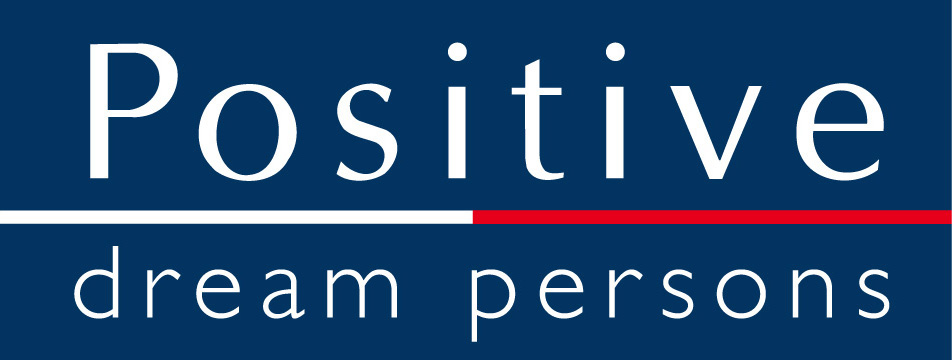Timeline
From humble beginnings in 1970 to its rise as a leading name in Japan's hospitality landscape, HMI Hotel Group has flourished by staying true to its core values while evolving strategically with the times.
1970 - 1997
The story began in 1970 with the visionary collaboration between Mr. Kozo Ishikawa of Nippon Rent-A-Car Co. and other pioneers, leading to the creation of Sunroute Hotel System. This marked Sunroute's entry into the world of hospitality, where it ventured into hotel ownership, development, and management, quickly establishing itself in the industry.
The foundation of HMI Hotel Group was further strengthened with the introduction of Ora Corporation Co., Ltd. in 1986 and Tohoku Sunroute Co., Ltd. in 1982. The seeds sown in the 1970s blossomed into a remarkable collection of hotel brands. The 1990s saw the group's strategic expansion with the addition of iconic properties such as Hotel Pearl City Kobe, Rizzan Sea Park Hotel Tancha Bay, and Hachijo Sea Park Resort, showcasing their dedication to offering exceptional guest experiences in diverse destinations across the country.
Properties
-

1991
Hotel Pearl City
Kobe
1998 - 1999
Established in 1998, Hotel Management International Company Ltd. emerged into Japan's hospitality scene with a diverse portfolio of brands, each designed to offer unique experiences and delight a wide array of customers.
The following year, HMI Hotel Group expanded its innovative approach to hospitality by introducing the Ora Corporation Co., Ltd. The late 90s heralded a period of international recognition and strategic growth,
solidifying HMI Hotel Group's position in the global hospitality industry.
Properties
2000 - 2003
In 2000, the group gained international prominence when Rizzan Sea Park Hotel Tancha Bay played host to distinguished dignitaries, including French President Chirac and Canadian Prime Minister Chretien, during the prestigious Kyushu-Okinawa Summit.
The following year, in 2001, HMI Hotel Group's unwavering commitment to delivering exceptional and diverse experiences was exemplified by Hachijo Sea Park Resort in Tokyo.
The group's steady expansion continued in 2002 with the establishment of Tohoku Sunroute Co., Ltd., further solidifying its industry presence.
By 2003, Hachijo Sea Park Resort not only enhanced Tokyo's hotel diversity but also reinforced the group's dedication to hospitality excellence.
Properties
2005 - 2008
In 2005, HMI Hotel Group unveiled the Top Wellness and Hotel Wellness brands, designed to cater to health-conscious travelers in search of a mix of recreation and rejuvenation.
A significant milestone was achieved in 2007 when the group expanded its portfolio by acquiring six properties under the jurisdiction of Japan's Ministry of Health, Labour and Welfare.
The year 2008 further highlighted the group's reputation with the honorable visit of Their Majesties the Emperor and Empress to Hotel Crown Palais Shuhoku.
Properties
-

2008
Hotel Wellness
Notoji
-

2008
Hotel Ravie
Kawaryo
-

2008
Hotel
Kameya -

2008
Nagasaki
Nisshokan -

2008
Ryokan
Hoseikan
-

2008
Ryotei
Yamanoi -

2008
Top Wellness
Saitama
2009 - 2012
The end of the Heisei Period marked a time of multifaceted growth and excellence for HMI Hotel Group.
In 2009, the group launched the "HMI Hotel School," aimed at nurturing talent within the hospitality industry.
In the same year, then-Vice President of China, Xi Jinping, explored environmental initiatives during his visit to the Hotel Crown Palais Kitakyushu.
In 2010, the Motobu Green Park Hotel underwent a transformative renovation, significantly enhancing guest offerings.
The following year, in 2011, Irago Sea Park & Spa was re-branded as "Irago Resort & Convention Hotel," with a driven focus on providing venues and entertainment for convention-related tourism.
HMI Hotel Group's portfolio expanded further in 2012 with strategic acquisitions and new openings, further solidifying its position as a prominent player in the Japanese hospitality scene.
Properties
2013 - 2017
As the Heisei era transitioned into the Reiwa period, HMI Hotel Group's journey continued with a transformative spirit.
From 2013 to 2014, the group embraced change and expansion, inaugurating Ginza Creston and Grand Hotel Hamamatsu into their portfolio. The years spanning 2017 to 2022 were characterized
by dynamic growth and transformations, as HMI Hotel Group maintained its commitment to enhanced experiences and industry innovation.
In 2017, the group embarked on a series of pivotal initiatives that set the stage for its future endeavors. Tsumagoi Resort Sai no Sato in Shizuoka
Prefecture opened its doors, offering a tranquil haven for travelers seeking respite. This addition underscored the group's dedication to curating diverse
and rejuvenating choices for its guests beyond conventional offerings.
Properties
-

2013
Ginza
Creston -

2014
Grand Hotel
Hamamatsu
2018 - 2021
The following year, 2018, marked HMI Hotel Group's expansion into new realms of luxury and sophistication.
The exquisite Hotel Koshuen was introduced in the picturesque Wajima Onsen area of Ishikawa Prefecture. This establishment not only enriched the group's portfolio
but also epitomized its commitment to delivering impeccable experiences in pristine settings.
As 2020 dawned, HMI Hotel Group continued to amplify its impact with the arrival of Hotel Nagaragawa no Sato in Gifu Prefecture, and the sophisticated
Mikawa Bay Hills Hotel in Aichi Prefecture. These properties showcased the group's prowess in creating exceptional hotels that cater to a diverse range of preferences.
Properties
-

2020
Hotel
Koshuen
2022 - Present
The year 2022 marked a decisive period in HMI Hotel Group's evolution. The debut of Mikazuki Sea Park Hotel Awa Kamogawa and Mikazuki Sea Park Hotel
Katsuura in Chiba Prefecture symbolized the group's expanding presence and added coastal havens of relaxation and luxury to their already-diverse portfolio.
Throughout these transformative years, HMI Hotel Group embraced change, partnership, and innovation while remaining steadfast to the traditional principles of conventional Japanese
hospitality. Each new establishment has unveiled a fresh chapter in their journey, reflecting their enduring commitment to creating cherishable moments and shaping
exceptional guest satisfaction.
Properties





















































